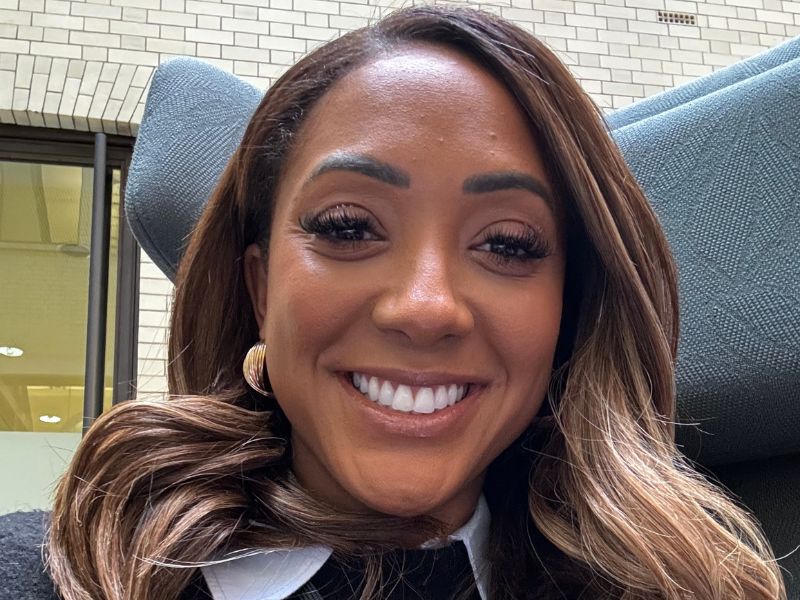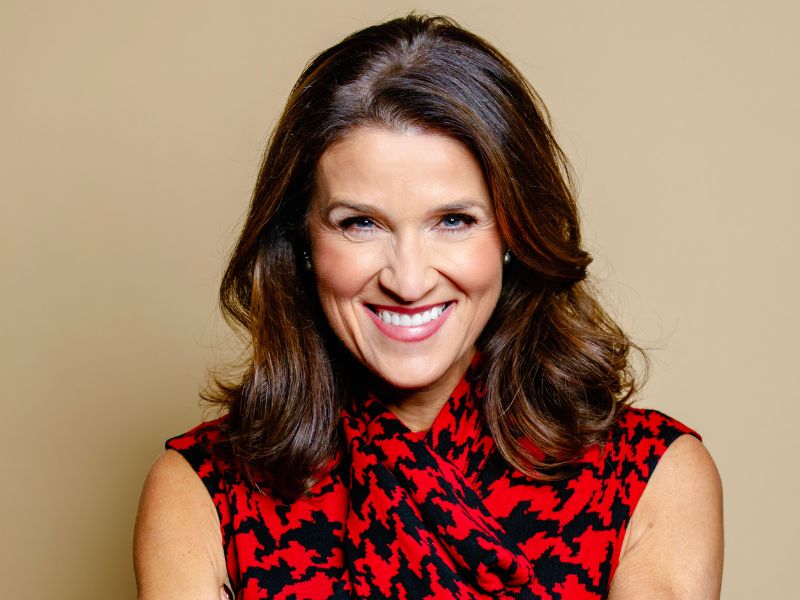
Article provided by Hephzi Pemberton, CEO & Founder, Equality Group
The Covid-19 pandemic has shown how great leadership makes a big difference.
It has also revived a debate about “feminine” traits in senior leaders. The United States and United Kingdom – both led by men with high opinions of their talents – have been widely criticised for a muddled response. Meanwhile, female leaders from Scandinavia to New Zealand have acted decisively and empathetically. Their success is deservedly praised, but their gender is too often emphasised. The lesson they offer is less about their gender and more about the inclusive values and behaviours that help them succeed.
The notion of a “feminine” management style was widely discussed after the 2007-08 financial crisis when it was argued that more female bankers would have caused fewer problems. One particular catchphrase was still being used a decade later: “If it had been Lehman Sisters rather than Lehman Brothers,” Christine Lagarde told the IMF in 2018, “the world might well look a lot different today.” However, gender isn’t really the issue. It’s more the range of skills that many women develop to thrive at work.
The pressure on women to cultivate traditionally “masculine” qualities while remaining inherently female is a blatant double standard with unexpected benefits. It has taught female leaders to be more resourceful, notes Bobbi Thomason at the Pepperdine Graziadio Business School. Aware of facing greater scrutiny, women are more likely to consult a wide network when making decisions while ensuring they’re backed up by evidence.
Our own research shows that a fifth of UK women feel they have to present themselves in more stereotypically “masculine” ways to succeed in their jobs. However, while some combine this with a broader range of qualities, others do not. A quarter of those we surveyed felt those female bosses express more gender bias than male managers – presumably seeking to prove that they know what’s expected of them. This counterintuitive trend has also been shown in research by Dolly Chugh at NYU Stern. Women, as a whole, show stronger implicit gender bias than men and black Americans are just as likely to show pro-white implicit race bias as pro-black implicit race bias.
Change is in everyone’s interests. Decades of studies (for example by McKinsey, BCG, and Forbes) have shown that diversity increases innovation, fosters creativity and boosts financial performance. Importantly, this positive effect is amplified during economic downturns. A leader who can gather different voices around the table encourages thinking that breaks through convention, yielding new ideas, products and services.
However, this requires an environment in which staff feel secure. Researchers have demonstrated links between psychological safety and better performance and productivity. A company’s climate affects its bottom line. It is most rapidly changed by a senior leader who models inclusion from the top, improving rates of retention and promoting diversity.
So what does inclusive leadership look like? There are many different frameworks. The models used by some companies list twenty-plus behaviours. The most effective are memorable and meaningful enough to be implemented daily. As a starting point in our management workshops, we explore six core characteristics of inclusive leaders. These are outlined below, but can be adapted for the values and language of any organisation:
- Positive commitment: taking personal responsibility for change, based on the business case for diversity and inclusion, and a deeply rooted sense of fairness.
- Courage and humility: fearlessly challenging attitudes and practices that yield homogeneity, while acknowledging personal limits and seeking input from others.
- Awareness of bias: continually making an effort to identify blind spots and ingrained assumptions that get in the way of objective decision-making.
- Curiosity and active listening: institutionalising open-mindedness by listening carefully to different perspectives so employees feel valued and respected.
- Emotional and cultural intelligence: developing enough self-awareness to respond with sensitivity to different personalities and cultural contexts.
- Collaborative and generous: understanding that teams work best when people feel empowered to share their opinions, while encouraging diverse perspectives.
These traits can be nurtured by getting 360 feedback from people who work with you. You can also do an audit of your inner circle – those who influence you – and actively look for inspirational and diverse role models. A coach can give valuable insight on what needs more work. The aim is to amplify the best examples of inclusive leadership that you see around you, developing allyship and a sense of belonging with diverse groups.
We need to move beyond gender-biased language of “masculine” and “feminine” leadership styles. Instead, we need to recognise and cultivate inclusive leaders who come from as wide a range of backgrounds as possible, representing the full spectrum of our society.
 About the author
About the author
Hephzi Pemberton is an entrepreneur and angel investor, who runs a strategic consultancy and search firm called Equality Group.
In partnership with leading Finance and Technology firms, they help source diverse executive leadership talent and consult on how to create a more inclusive culture to nurture and develop executives through to their full potential.
Equality Group also regularly publishes research and insights across the inclusion and diversity space. Recent reports include ethnic minority representation at board level, the problems of bias, authenticity at work and a wide range of diversity-related topics.
WeAreTheCity covers the latest female centric news stories from around the world, focusing on women in business, careers and current affairs. You can find all the latest gender news here.
Don’t forget, you can also follow us via our social media channels for the latest up-to-date gender news. Click to follow us on Twitter, Facebook, Instagram, and YouTube.








